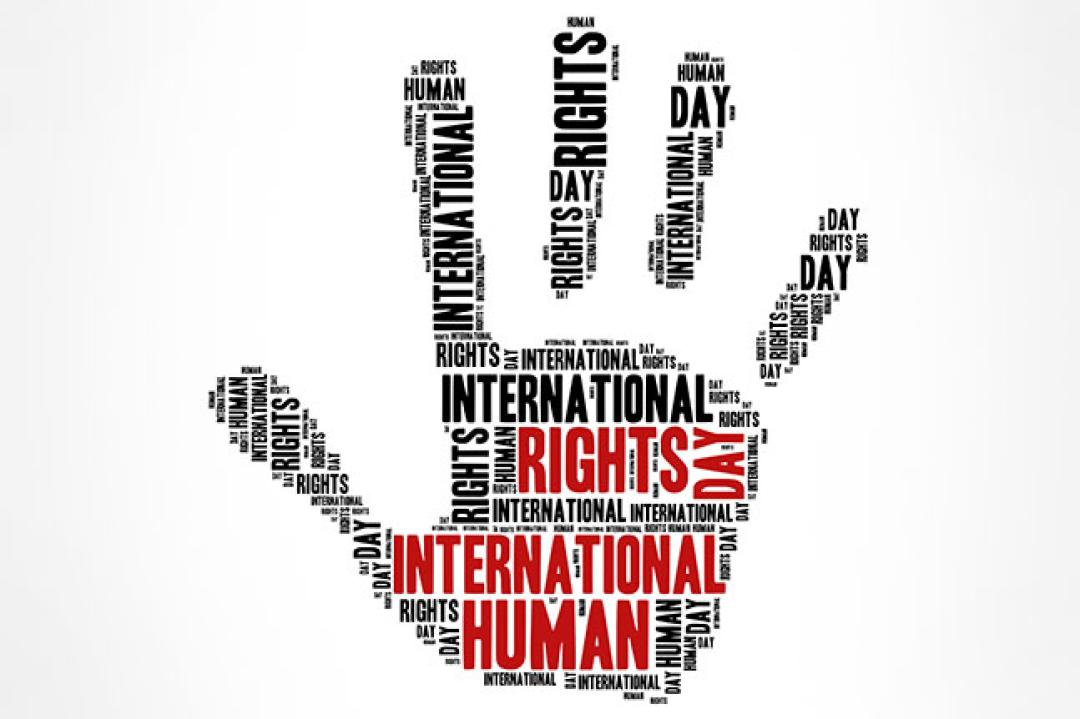
Human Rights Watch Spotlights Ongoing Rights Abuses in Azerbaijan and Georgia

Azerbaijan
In its annual report released on January 11, the international human rights organization Human Rights Watch noted that the long-standing concerns about human rights in Azerbaijan continue in 2023.
The document emphasized that the government severely restricted the freedoms of expression, assembly, and organization. Despite some progress in a high-profile case of torture, ill-treatment and torture in the police and detention facilities continued. It is also reported that in May, with the amnesty decree signed by President Ilham Aliyev, several people were released in cases where their charges were believed to be politically motivated, however, dozens of others who were illegally imprisoned remained in prison.
It is mentioned that the politician Ali Aliyev was released by presidential decree. It is noted that despite this, the authorities continued to target leading activists and opposition figures. The social activists Bakhtiyar Hajiyev, Alizamin Salayev, and Gubad Ibadoglu are mentioned in this part of the document. It is emphasized that Hajiyev can face imprisonment for 6 years and Ibadoglu for 12 years.
The report stated that there are people persecuted in Azerbaijan for their posts, interviews, and other activities on social media. The document stated that, for example, in February, a member of the People's Party of Azerbaijan, Orkhan Bakhishli, was detained a day after giving an interview condemning the arrest of Bakhtiyar Hajiyev.
In the report, it is said that in Saatli district, the police used tear gas and rubber bullets against those who wanted to cut off the river in protest against the water shortage, and two people, including a 15-year-old boy, were injured. It is emphasized that Nazim Beydamirli, the former MP who was accused of coordinating the action in connection with this protest, was arrested. In June, activists Elmir Abbasov and Giyas Ibrahimov were detained for 32 and 20 days, respectively, for criticizing the violent suppression of the protests in Söyüdlü village by the police.
A separate chapter on Karabakh was given in the report. This section talks about Azerbaijan's blocking of movement through the Lachin Corridor, the creation of a humanitarian crisis in Karabakh, and the departure of almost the entire Armenian population from the region after the September 19 operation. The report claimed that the authorities arrested at least nine activists who criticized the September 19 operation in Karabakh.
HRW also wrote that LGBT activists are subjected to discrimination and ill-treatment. In the incident that happened in May of last year, LGBT activists were detained and ill-treated, some of them were sentenced to administrative detention, and some were fined.
Georgia
On January 12, Human Rights Watch (HRW), an international organization monitoring human rights, released its annual World Report featuring a section on Georgia. According to the report, Georgia's human rights situation remained uneven throughout 2023. Tensions surrounding the Georgian government's implementation of the European Union's twelve recommendations dominated the political landscape. The HRW highlighted the government's unsuccessful attempt to pass the "foreign agents" law in March 2023, which was viewed as a threat to freedom of expression in the country.
The report emphasized the persistent lack of accountability for law enforcement abuses in Georgia, particularly concerning freedom of assembly. Issues included restrictions and attacks on media freedom, unfair labor conditions, and the exclusion of the LGBT community from the National Human Rights Strategy.
Freedoms of association and expression were a focal point in the HRW report, with attention given to a controversial bill requiring NGOs and media outlets receiving 20 percent or more of their annual revenues from abroad to register as 'agents of foreign influence.' While the ruling Georgian Dream party withdrew the bill following public protests, the report noted ongoing government hostility toward civil society organizations.
The report mentioned the Georgian State Security Service's claims of a USAID-funded plot aimed at toppling the government, leading to investigations. Law enforcement abuses and the lack of accountability were highlighted, citing instances of excessive use of force during protests against the 'foreign agents' bill.
Media-related concerns were underscored, with numerous threats and attacks against media professionals in 2023. The report documented cases such as a physical attack on TV Formula founder Misha Mshvildadze and restrictive media accreditation rules. The HRW report also addressed labor rights issues, noting weak overtime regulations, wage theft, minimal social protections, and challenges in ensuring workplace safety.
Regarding sexual orientation, gender identity, and gender equality, the report discussed the disruption of the Tbilisi Pride Festival by far-right hate groups and the authorities' failure to intervene. It highlighted a European Court of Human Rights ruling on Georgia's treatment of transgender individuals. It critiqued the State Concept of Gender Equality for not recognizing the rights of all women. The report also noted Georgia's failure to ratify the International Labor Organization (ILO) Violence and Harassment Convention (C190).
See Also


Armenia Records 5.9% GDP Growth in 2024, Missing 7% Goal

Yerevan Balances Strategic Ties with Both US and Russia, Says Foreign Minister

FM Mirzoyan: Peace Deal with Azerbaijan Is Within Reach

Pashinyan and Erdogan Hold Call, Reaffirm Commitment to Ongoing Dialogue

